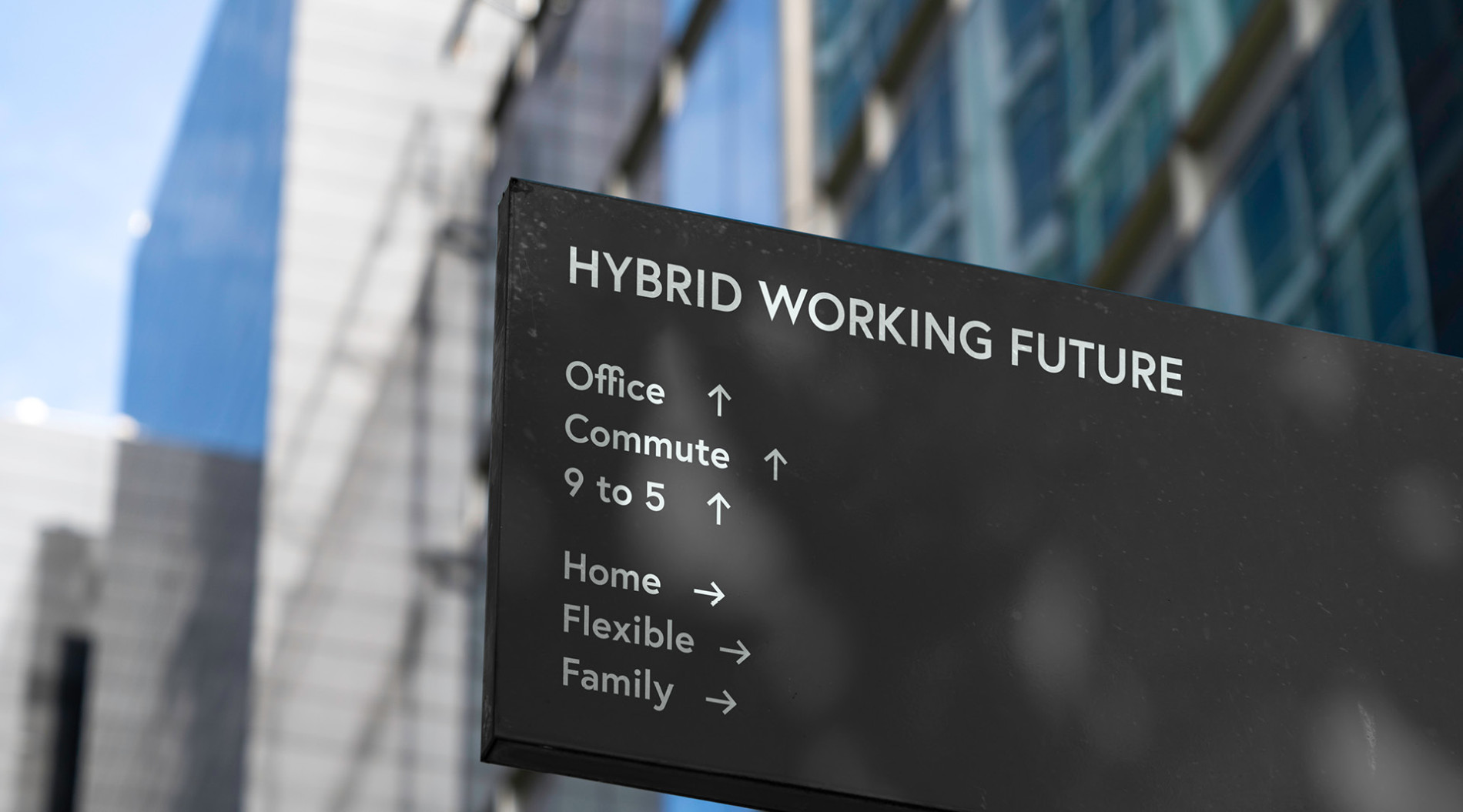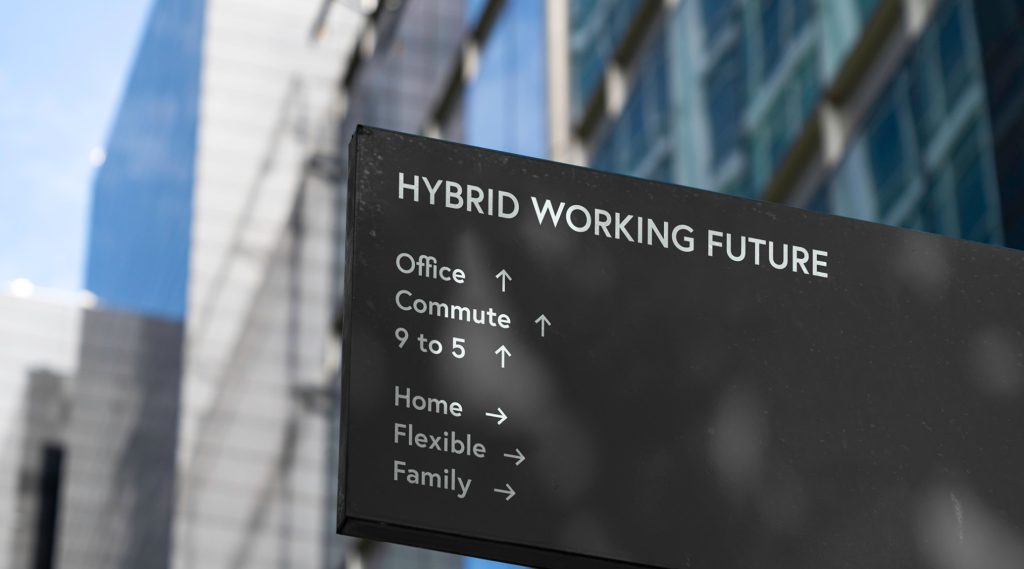What’s the Difference Between RPO and Traditional Recruiting?
When it comes to recruiting for your organisation, it’s important to choose the right solution. But with so many options out there, it can be difficult to decide. The first decision to make? Whether to go for traditional recruiting or RPO. Both will help you find candidates, but how this is achieved differs greatly.
Here, we break down the key differences between RPO and traditional recruiting to help you decide on the best strategy for your business.
RPO is hands on
With a recruitment agency, recruiters oversee sourcing candidates for multiple companies, usually within tight timeframes. The expectation is that your organisation will still play a large role in the process – for example, by providing job descriptions. This allows recruiters to focus their time and effort purely on sourcing candidates.
An RPO provider can take care of every aspect of the recruitment process. The scope of this entirely depends on your organisation’s needs. Whether you’re looking for an end-to-end solution, or a strategy to meet a sudden hiring demand, RPO providers will take a hands-on approach. Even if they are not creating job descriptions, they will advise you and give feedback throughout. They will also guide you in the interview process and thoroughly assess each candidate, ensuring they are the right fit.
RPO is cost-effective
A recruitment agency will charge a percentage of the salary of each successfully placed candidate. This means that you pay both the agency and your internal recruitment team when you hire a candidate.
RPO providers take a very different approach. Whether you are handing over a portion or the entire recruitment process to RPO, you pay a monthly fee. This cuts the cost by 65% to 70%, while also freeing up time for your internal team to focus on other tasks.
RPO is a long-term solution
Traditional recruitment agencies have one clear focus – finding a candidate to fill a role. Moreover, they are trying to achieve this as quickly as possible. Making this process fast is a priority for recruiters, as they work on a commission basis. This makes recruitment agencies a good option for when you need to fill a role in a hurry but doesn’t make sense for a long-term strategy.
In contrast, RPO providers are in it for the long run. Their goal is to work with your organisation, developing a partnership where strategies can be adjusted according to your needs. They have a broad talent pipeline of candidates – both passive and active – so they can source the right people as and when you need them. This avoids having to hire in a hurry, ensuring the recruitment process and the talent sourced is of the utmost quality.
RPO analyses and reports
Because traditional recruitment agencies tend to be a short-term solution, this leaves little time to use data or carry out in-depth analysis. The primary role of recruiters is to fill a placement as soon as possible, not to measure how to enhance your recruitment process.
RPO providers develop long-term partnerships with your organisation, so they can gather valuable data to assess your recruitment process. This means getting insight into what is working, as well as areas to improve on. Consistent reporting allows you to get a clear oversight of time and cost to hire, turnover rates, and candidate satisfaction. This in-depth approach also drives better recruitment in the future.
RPO builds your company brand
Traditional recruiters don’t spend enough time with your organisation to get to know the brand. This is not part of the service they provide, where the aim is to fill positions quickly.
With an RPO provider, you benefit from a specialist who takes the time to understand your company brand, culture, and values. This means that when they interact with candidates, you can be sure they are representing your company properly. Because RPO providers streamline your recruitment process, they offer a better candidate experience. This makes the organisation more attractive to candidates, further enhancing your brand.
When it comes to choosing between RPO and traditional recruiting, the main difference is a long-term partnership versus a short-term solution. With RPO, you can gain valuable insight into your recruiting and develop strategies that can be adapted to meet future demands. RPO goes beyond simply filling a position – it delivers results that enhance your entire recruitment process.
More Recruitment Process Outsourcing Articles:
- What is Recruitment Process Outsourcing? RPO Explained?
- Why Choose RPO? Seven Key Benefits of Recruitment Process Outsourcing
- Why Recruitment Process Outsourcing is Right for Your Growing Business
- 8 Benefits of Using RPO for Your Small Business
- 6 Benefits of Using RPO for Your Medium-Sized Business
- How Does RPO Reduce Recruitment Costs?











